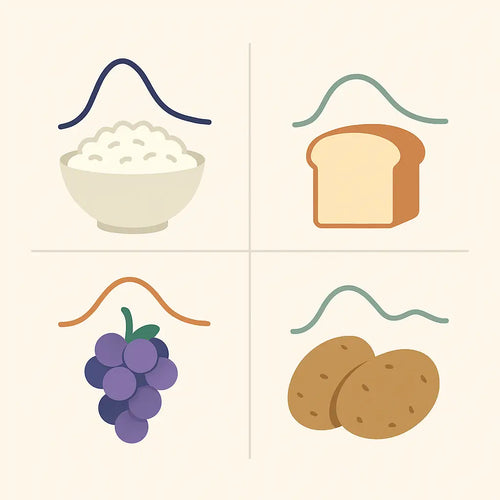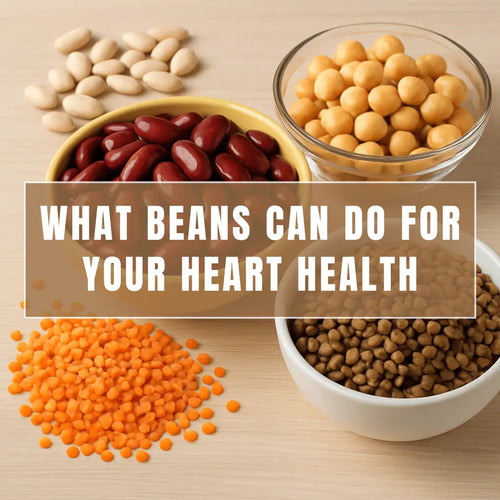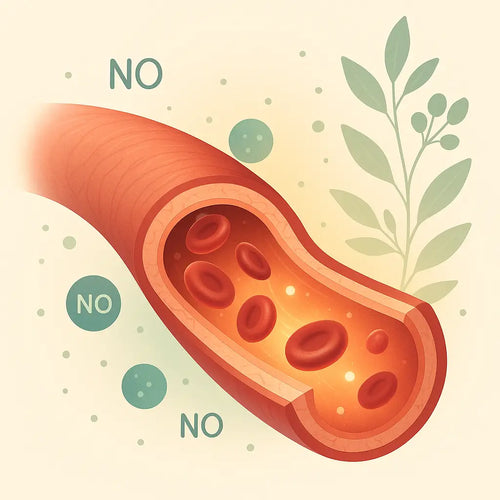I mentioned last week that patients with osteoarthritis had approximately a 4 fold lower level of extracellular SOD, the body’s own antioxidant enzymes. This indicates that SOD production should be supported since an excess of free radicals causes tissue damage.
Zinc, copper and manganese are necessary for SOD production (Harris ED, 1992).
For that reason it makes sense to supplement the diet with these minerals. Amino acid chelates are the best absorbed form of these minerals.
You know that vitamin D is an important vitamin, but did you know that it also affects cartilage?
Increased narrowing of the joint space of the hips were found in study participants with vitamin D levels in the lower and middle one third, when compared to participants in the upper one third level (Lane NE, et al.1999).
The same results were documented in another study when 556 participants were evaluated for osteoarthritis of the knees and vitamin D levels were measured (McAlindon TE, et al.1996).
It also makes sense to supplement your diet with glucosamine sulfate.
No loss of joints pace was found in patients with osteoarthritis of the knee who took 1500 mg of glucosamine sulfate for 3 years (Reginster JY, et al. 2001). The patients in the placebo group showed progressive narrowing of the joint space. Symptoms also improved in the treatment group, while they worsened in the placebo group.
Another research group did a similar study and documented similar results (Pavelka K, et al. 2002).
When using glucosamine sulfate be sure that it is real glucosamine sulfate since different kinds of glucosamine are now on the market.
None of the other materials have the same amount of research to back up the results as the original glucosamine sulfate has.
The BMJ formula
To help you maintain healthy bones and cartilage










